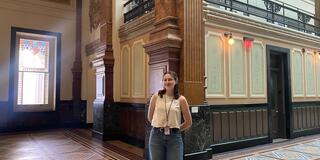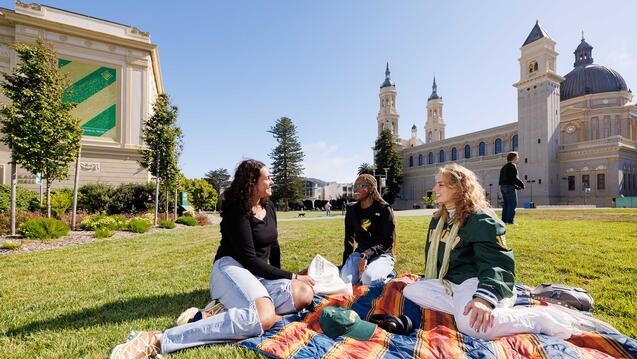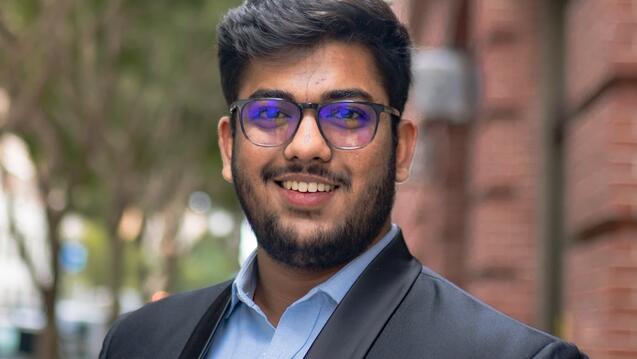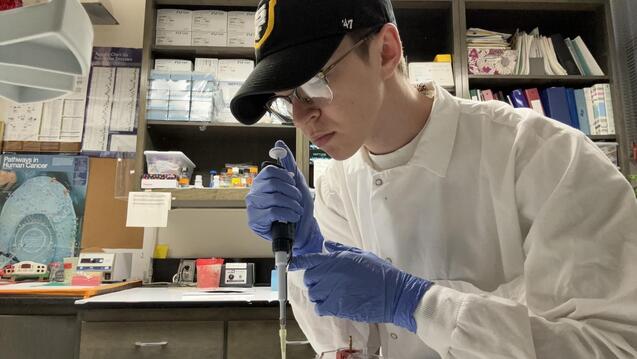How This Student Landed an Art Internship in Washington, D.C.

Priscilla Arrighi ’25 talks about internships, art, and professors who help.
Tell us about your internship.
I’m a curatorial intern at the National Portrait Gallery, part of the Smithsonian Institution, in Washington, D.C. I have a specialty in indigenous art, and I’m working with two separate supervisors on upcoming exhibitions. For one supervisor, I’m working on a timeline of Plenty Coups, the Crow chief. It’s been great going through archives and reading primary sources. And then with my other supervisor, I’m mainly doing research on the early days of American theater and I’m looking at American Indian stereotyping, so a lot of Buffalo Bill, a lot of white people dressing up as not-white people. And occasionally I’ll do an offsite visit to our collections and help with inventory or with file organizing — basic intern stuff that’s great on a resume if you’re applying to jobs or to master’s programs.
Are you applying?
Yes. This internship has confirmed that I want to work in museums, and a lot of museum jobs require, or at least strongly prefer, a master’s degree, so this fall I’ll apply to master’s programs in California, including museum studies at USF. I’m also applying to more internships at different galleries. I hope to land an internship this fall and next spring, too.
What did you do for housing in Washington?
I found student housing at Georgetown University, which is beautiful. I have access to the campus, I have access to their facilities, I get to explore another part of the city, and the commute to downtown is super easy.
Your advice to your first-year self at USF?
Build relationships with your classmates. It makes it more fun to know that there are other people experiencing the same things as you. It’s also a lifelong bond. I have two fellow art history majors coming to stay with me this weekend, and those are friendships that you won’t get anywhere else because you share the same passion. Also, connect with your professors — not only in your department but also in your core classes which are so great because you get to meet people who are outside of what you’re used to. Building those connections is honestly helpful for your mental health. But also, later on, when you’re applying for a job or for a master’s program, you don’t realize it at the time, but our professors are like celebrities in their fields. So, having that advice that they can offer you, or connecting with a colleague of theirs to land you a position, or even just arranging an informational interview is invaluable. I wish I would have taken advantage of that a little bit more.


